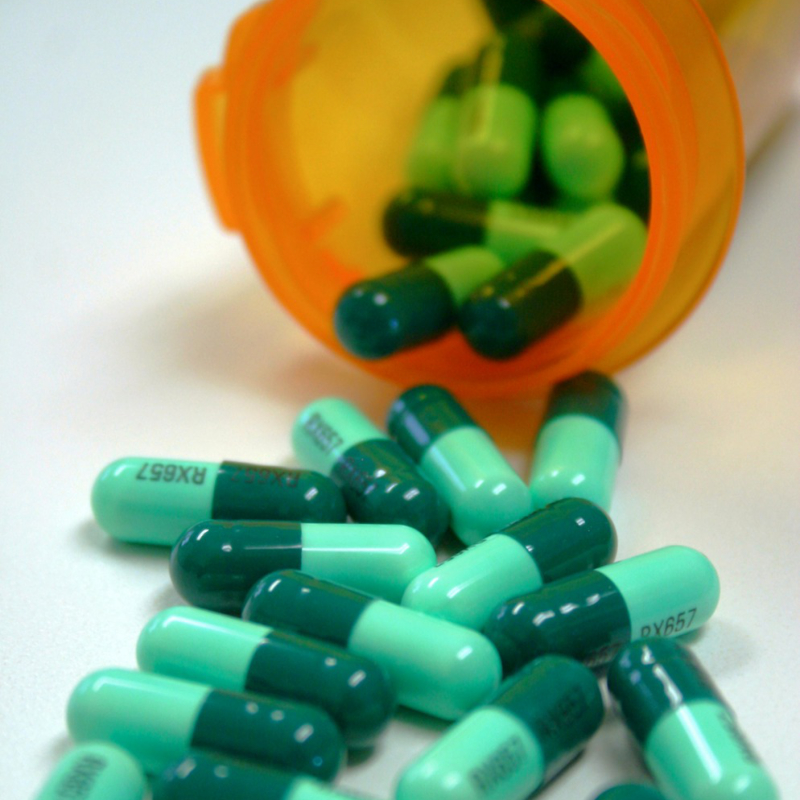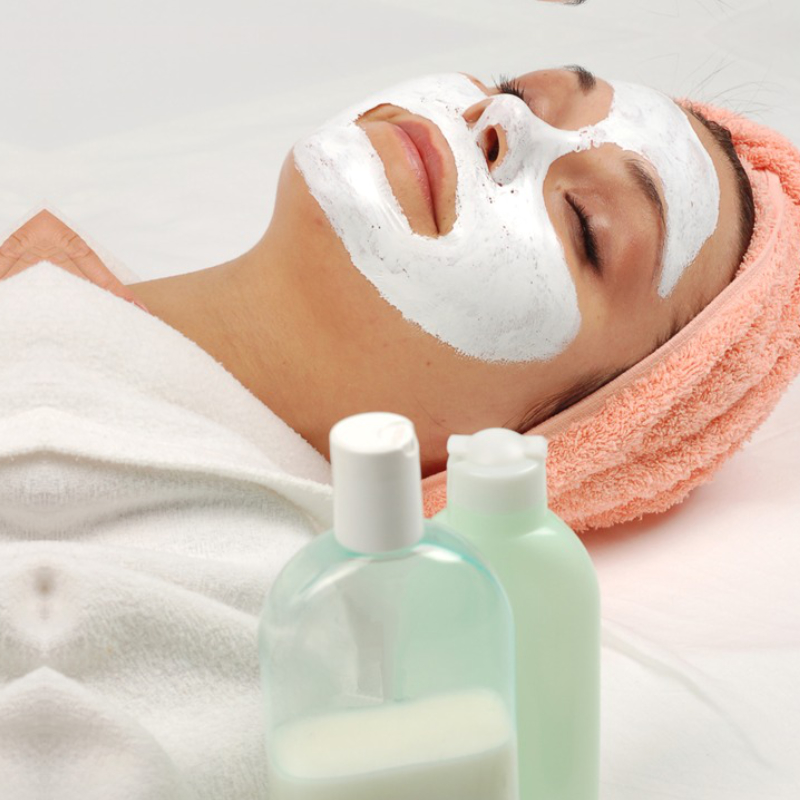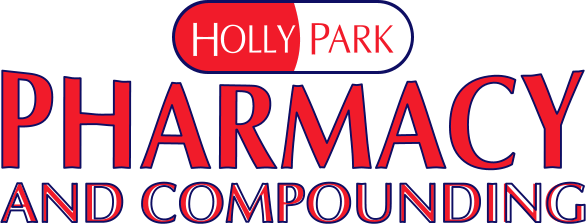Compounding enables prescribers and pharmacists to meet the special needs of patients. One of its most important benefits is to those patients who have difficulties with commercially available medications. With the prescriber’s consent, pharmacists can prepare custom medications in a variety of unique dosage forms, including:
- Capsules
- Oral liquids
- Troches or lollipops
- Topical preparations
- Suppositories
- Eye and ear drops
- Nasal sprays
- Sterile injections
The result? A way to take medicine that helps increase patient compliance.

- Custom Flavoring Custom flavoring is available for most oral medication forms, and unique delivery systems can be employed to help give medicine to finicky patients. Many medications can be taken through a flavored lollipop. Infants especially benefit from alternate delivery devices such as pacifiers or baby bottles. These devices, which are provided in child-proof packaging, allow parents to dispense prescription medicine easily and accurately.

- Capsules Medications can be compounded into customized capsules, especially in cases where an alternate strength is required or to omit potential allergens or irritants, such as dyes, preservatives, or gluten. To lessen the number of doses to be taken, multiple medications often can be combined into a single dosage or made into sustained-release capsules. Vegetarian capsules made from cellulose are available for patients who do not want to take a gelatin capsule.

- Oral Liquids Many medications can be compounded as oral liquids for those patients who have difficulty swallowing tablets and capsules. Some patients may have problems tolerating the taste of a commercially available liquid, but a compounding pharmacist can make a pleasant-tasting, custom-flavored oral solution or suspension which can be administered easily and accurately. Some medications may be available as effervescent powders, which are mixed with water to make a fizzy drink.

- Troches/Lollipops Troches and lollipops are used to keep drugs in the mouth when local action is needed there. Troches also may be placed under the tongue and allowed to dissolve, which allows the medication to enter the bloodstream quickly and easily. Some troches can be chewed and swallowed by a patient who cannot or will not take a capsule or tablet. These dosage forms can be enhanced with natural sweeteners and pleasant-tasting flavors, making them ideal for
geriatric and pediatric patients.

- Topical Preparations Topical methods of delivery also are widely used because they allow the absorption of medicine directly through the skin, and may help avoid potential side effects such as stomach upset or drowsiness. Topical medications often are prescribed for pain management, inflammation, and nausea/vomiting. They are easy to use and are effective at delivering the medication as needed. Topical medication forms include:
- Gels
- Creams and lotions
- Sprays
- Foams
- Stick applicators, such as lip balms
- Suppositories
Patients who cannot take medications orally are ideal candidates for compounded suppositories. Available in various shapes depending on the route of administration, suppositories can be given rectally, vaginally or urethrally. By melting or dissolving into the body cavity, they allow the medication to pass quickly into the bloodstream. They can be used for bio-identical hormone replacement therapy (BHRT), to fight nausea, or to treat local conditions such as hemorrhoids, infections, or inflammation.
A compounding pharmacist working closely with you and your physician can prepare your medications in a dosage form that has been customized to your particular needs.
Ask our pharmacist today about alternate dosage forms and compounding.

